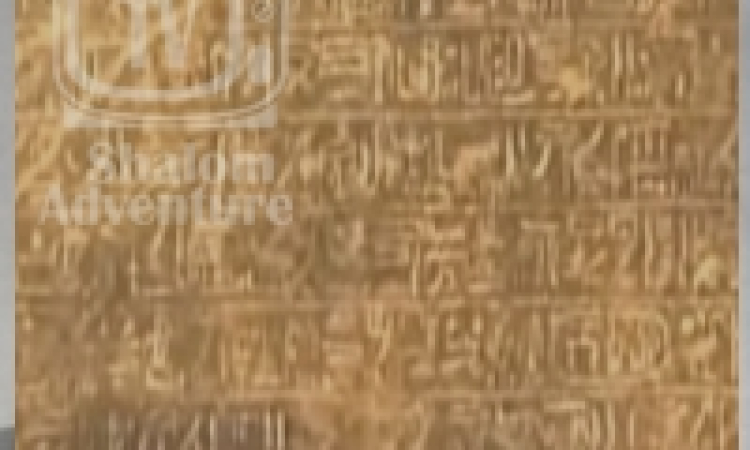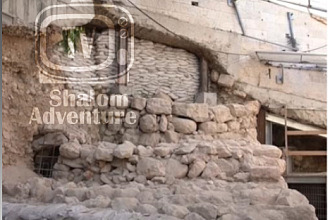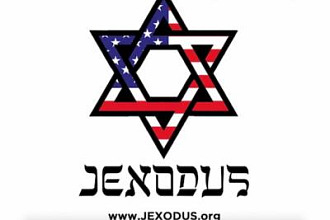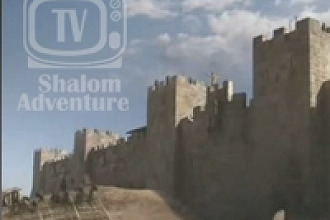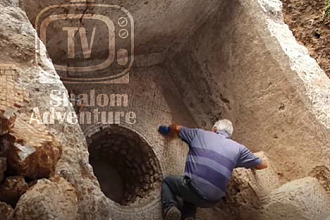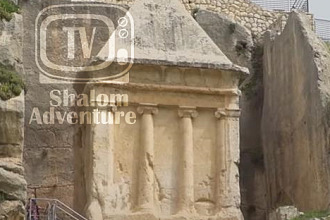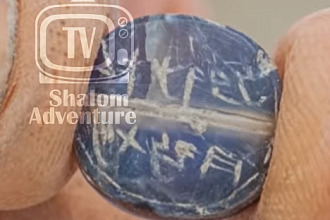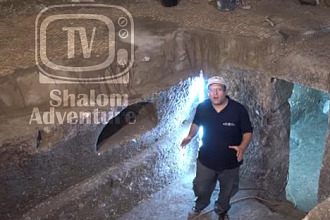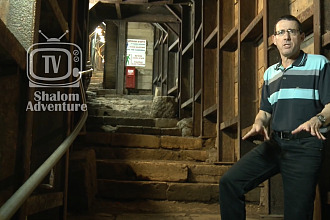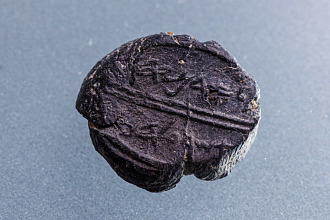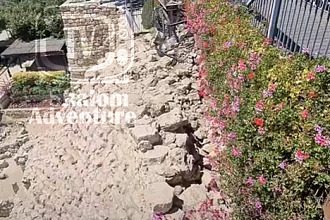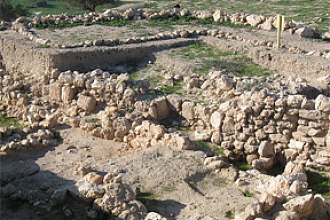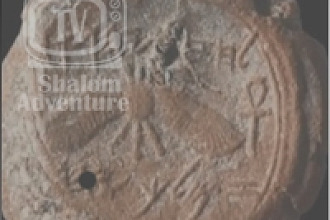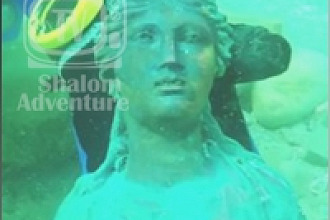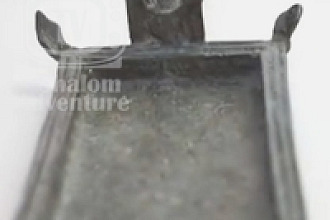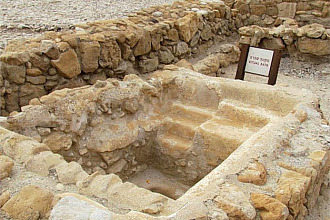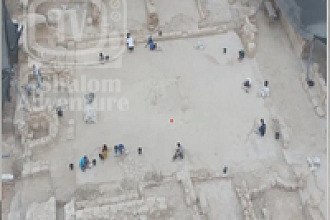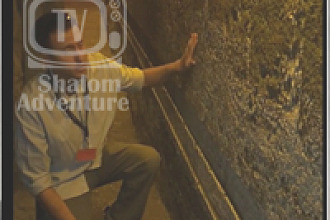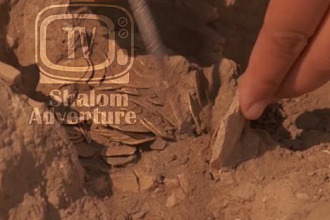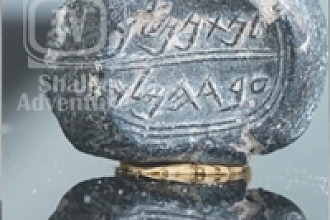Studies of inscriptions on over 18 stone slabs collaborate this theory, Breaking Israel News reported.
Furthermore, many of the allegories creatively and artfully chiseled into these historical granite stones expound on the Biblical accounts of the Israeli people in Egypt, whether there because of slavery or famine in Israel, lending credibility to and helping better date the account of the Exodus.
The modern Hebrew alphabet, consisting of 22 characters, was believed to be derived from around 24 Egyptian characters, according to Dr. Douglas Petrovich, archaeologist and professor of Egyptian studies at Wilfrid Laurier University in Waterloo, Ontario, Canada per the Jerusalem Post. However, critics maintain the stone inscriptions are written in a kaleidoscopic mishmash of Akkadian, Phoenician, Aramaic, and other various African or Asian tribal languages with only a small amount of the Hebrew language interspersed.
Dr. Petrovich however, disputes these critics with his analysis of Sania 115, a particular granite stone illustrating historical accounts of Joseph, Ephraim, and Manasseh, engraved with, “6 Levantines: Hebrews of Bethel, the beloved,” the Jerusalem Post continued. He also extensively studied at least 18 other prebiblical-era stones and corresponding inscriptions unearthed during excavations in Egypt and the Sinai Peninsula.
“I was translating Middle Egyptian and proto-consonantal Hebrew inscriptions that nobody ever had translated successfully before,” the Jerusalem Post reported Dr. Petrovich as telling a Fox News reporter. “There were many aha moments along the way, because I was stumbling across biblical figures never attested before in the epigraphical record, or seeing connections that I had not understood before.”
“On this otherwise Middle Egyptian caption were a Canaanite syllabic and the world’s oldest attested proto-consonantal letter ‘B,’ depicting a house for the Hebrew consonant ‘bet,’” Dr. Petrovich continued. “It was this single proto-consonantal Hebrew letter that helped me to understand that the world’s oldest alphabet – the language of which has been unidentified for over 150 years of scholarship – is Hebrew.”
Besides establishing credibility of an ancient Israel and early use of Hebrew linguistics, the stones also collaborated many aspects of the biblical account of the Exodus.
“I absolutely was surprised to find the Moses [reference], because he resided in Egypt for less than a year at the time of his provoking of astonishment there,” the Jerusalem Post elaborated on Dr. Petrovich’s statements. “Only after realizing that every other possibility had to be eliminated, whether due to contextual or grammatical limitations, was I forced to admit that this word must be taken as a proper noun and almost undoubtedly refers to the Moses who is credited with writing the first five books of the Hebrew Bible, known as the Torah.”
One of the best known stone artifacts today, the Merneptah Stele is a two meter tall ancient granite stone engraved with detailed allegories and immaculate depictions of Egyptian Pharoah Mereptah’s military endeavors, believed by many to be the earliest written account of Israel recovered by archaeologists to date.
This finding supersedes several papyrus scrolls written by various pharaohs formerly believed to be the oldest evidence establishing Israel. Dating back to approximately 1205 BCE, the Merneptah Stone chronicles an established Israeli ascent to regional power during the era of the judges, and better establishes the timeline on which demographics indeed entered Canaan and when, thus helping historians more accurately date the exodus.
“My discoveries are so controversial because if correct, they will rewrite the history books and undermine much of the assumptions and misconceptions about the ancient Hebrew people and the Bible that have become commonly accepted in the scholarly world and taught as factual in the world’s leading universities,” Dr. Petrovich told Breaking Israel News.
“Truth is un-killable, so if I am correct, my findings will outlast scholarly scrutiny. I have no doubt whatsoever that Hebrew is the world’s oldest alphabet.”
Written by Erin Parfet

